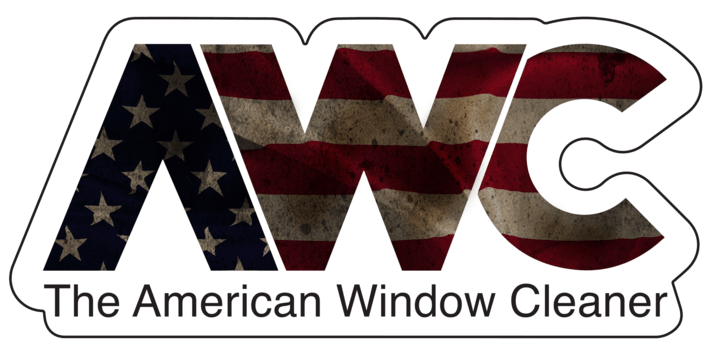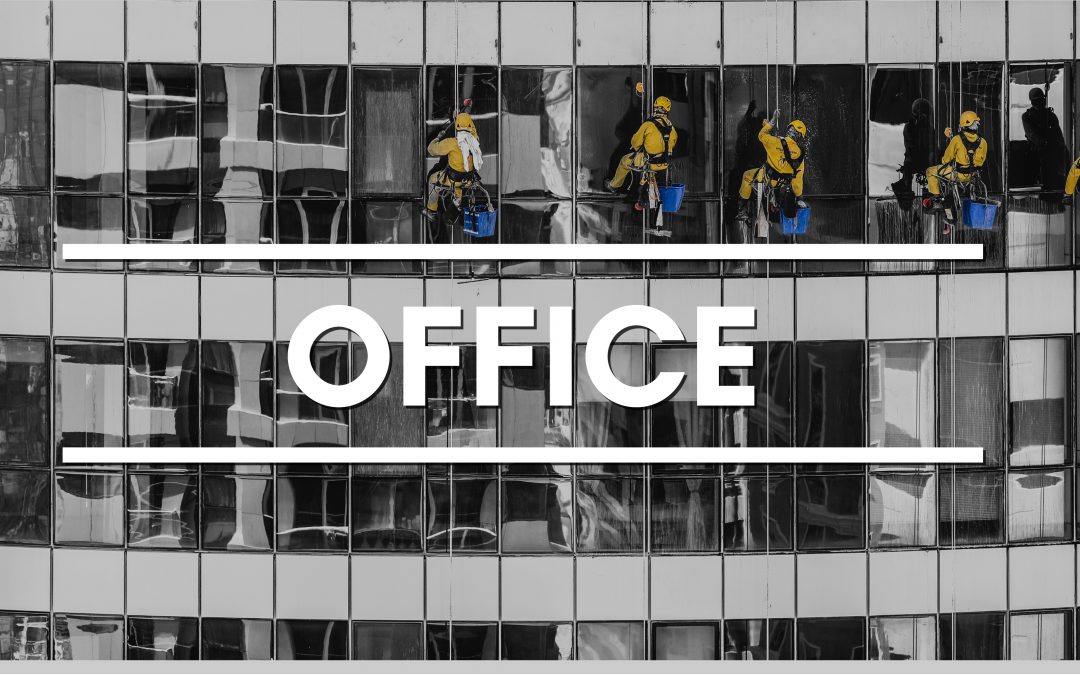As tax season draws closer, you might be wondering how you’ll be able to pay your taxes. With 23.4 million taxpayers ending up with a balance due according to Taxpayer Advocate Service, you can’t help but worry about your financials, especially now when you’re just making up for your pandemic losses.
If you find yourself in this situation, don’t fret. The good thing is, there are plenty of funding options that will help you stay on top of your taxes. The question is, is it common to take out a small business loan to pay for your taxes? What are the advantages and disadvantages of using loans to avoid owing money to the government?
Pros of using a business loan to pay taxes
Using a business loan to pay your taxes can help you in many different ways, from making sure you pay on time to being able to pay in full.
A loan is beneficial if your window cleaning business didn’t generate enough income over the past year and you barely stayed on top of your payables. You could use small business loans to pay all your debts and keep your taxes in check
Here’s a quick breakdown of why you should use a business loan to pay taxes:
- Pay business taxes on time. Paying your taxes on or before they’re due gives you one less thing to worry about when managing your window cleaning business. You’re able to comply with IRS requirements without disrupting your cash flow. This also allows you to have enough time to plan your expenses and growth plans for the whole year.
- Pay the total amount of your taxes. When you fail to pay the full amount of your taxes, the IRS will charge you a failure-to-pay penalty, which is 0.5% of your total unpaid taxes for each month you don’t pay. On top of that, you will be required to pay interest on the outstanding balance.
- Have more working capital for other expenses. Applying for a business loan gives you more money for other expenses, such as running marketing ads or upgrading your equipment. You also have cash reserves for emergencies, like hiring temporary cleaners or getting more materials from your suppliers.
- Consolidate your debts. The money you’ll get from a business loan can also be used to pay off any outstanding debts from suppliers or creditors. By taking out a loan, you get to sleep soundly at night knowing that all your debts are paid and you only have to pay one creditor every month.
Cons of using a business loan to pay taxes

Credit: Manuel Gatica
Getting a loan to pay taxes seems counterproductive for some people because you’ll be taking on debt. Here’s why you shouldn’t use a business loan to pay business taxes for a better perspective.
- You’ll have a new debt to repay monthly. Loans give you additional working capital for short- and long-term investments, including tax payments. But you have to remember that loans are actual debts with interest rates and service fees on top of them.
- You risk your collateral. Most types of small business loans require you to put up collateral depending on your qualifications. If you think you’re not diligent enough when paying your dues, you put yourself at risk of losing your real estate, equipment, or any property you collateralized to get a loan.
- Your credit score may be at risk. If you’re unable to pay your loan on time, your credit score will dip. When this happens, you will have a hard time seeking bigger loan amounts in the future.
The verdict: should you take out a loan to pay for taxes?
Taking out a loan to cover your tax bill has upsides like avoiding penalties. Please note that failure-to-pay penalties may hurt your finances because it charges your account interest every month it’s overdue.
You free up these penalties when you use a business loan and avoid getting a bad rap with the IRS. But before finding a creditor, you should be earning enough to pay it back every month. If this new business loan only drains your income, your chances of defaulting it will be high. When this happens, your credit score will be affected.
If you’re planning to take out a business loan to pay your tax bill, make sure you have enough room in your cash flow. You don’t want to strain your budget or make considerable adjustments to your operations so that you can avoid defaulting on the loan. You don’t want to risk losing your collateralized property either.
It’s all about finding the right balance–you have barely two months to prepare your taxes. Do you think your window cleaning business could generate enough income to add to your payments? If not, consider talking to a financial expert now so you can explore your financing options. There’s myriad of small business financing options available for you.
By Matthew Gillman
Financial Expert & SMB Compass Founder
About the Author

Matthew Gillman is a business financing expert with more than a decade of experience in commercial lending. He is the founder and CEO of SMB Compass, a specialty finance company providing education and financing options for business owners.

